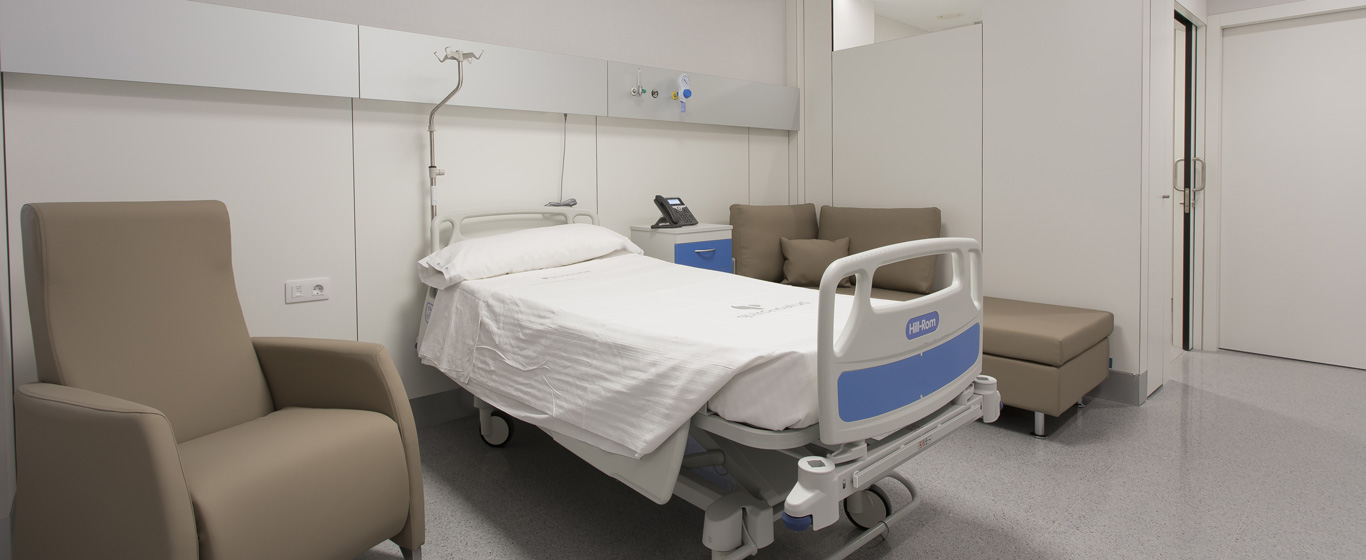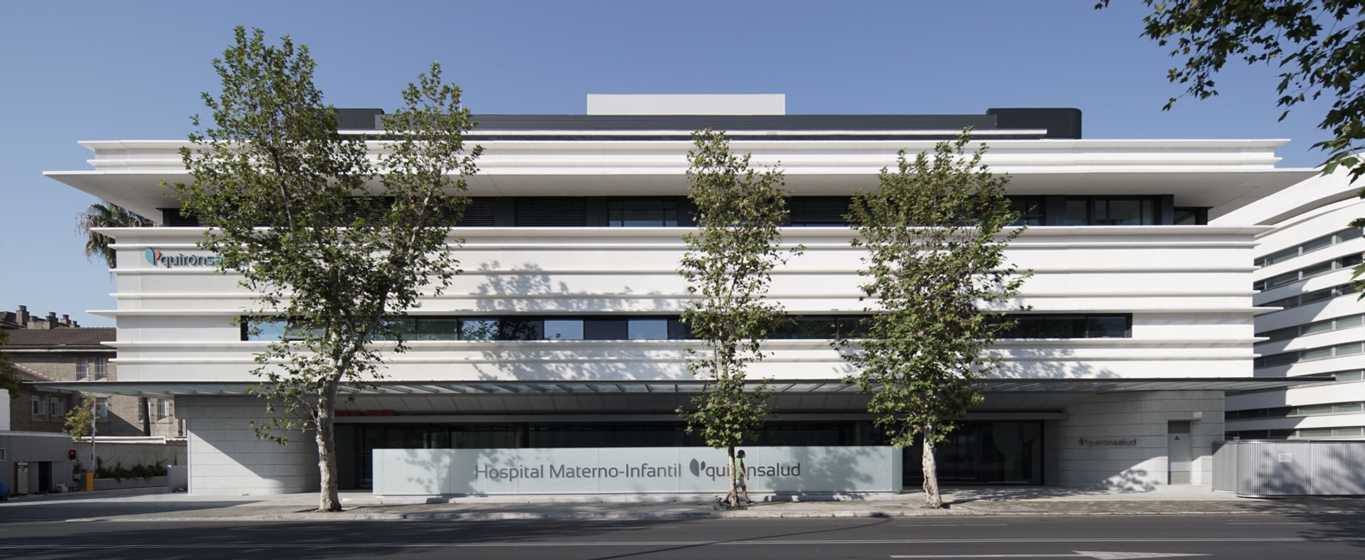Ectopic Pregnancy
What are the symptoms of an ectopic pregnancy? Information to detect an extrauterine pregnancy on time and the most commonly used treatments.
Symptoms and Causes
An ectopic pregnancy occurs when the fertilized egg implants outside the uterus. It usually settles in one of the fallopian tubes, although sometimes it can occur in the ovaries, the cervix, or the abdominal cavity.
Although an extrauterine pregnancy cannot reach full term, the embryo grows during the first weeks. This growth typically causes the cavity in which it has settled to rupture, putting the life of the pregnant person at serious risk.
However, if an ectopic pregnancy is detected before the rupture occurs, it can generally be treated safely.
Symptoms
Initially, the symptoms of an ectopic pregnancy are the same as those of a normal pregnancy:
- Absence of menstruation
- Nausea and vomiting
- Breast tenderness
As the pregnancy progresses, which may last between 6 and 16 weeks, concerning signs such as the following may appear:
- Vaginal bleeding
- Abdominal pain
If the fallopian tube ruptures, intense bleeding occurs, which can cause fainting, dizziness, or reduced blood flow throughout the body (shock).
Causes
The most common cause of an ectopic pregnancy is a malformation in the fallopian tubes, which prevents the fertilized egg from descending to the uterus. Hormonal imbalances may also play a role.
Risk Factors
Some factors that increase the risk of experiencing an ectopic pregnancy include:
- IUD (intrauterine device)
- Tubal ligation
- Fertility treatments
- Smoking
- Inflammation of the fallopian tubes due to STIs (sexually transmitted infections)
- Tubal surgery
- Previous ectopic pregnancy
Complications
If an ectopic pregnancy is not detected in time, it can lead to the rupture of the fallopian tube. This tear causes severe bleeding, which can result in death.
Prevention
An ectopic pregnancy cannot be prevented, but the risk of experiencing one can be reduced by taking precautions against the transmission of sexually transmitted diseases or avoiding tobacco use.
Which doctor treats ectopic pregnancy?
Obstetricians and gynecologists treat ectopic pregnancies, which can also be addressed by emergency doctors.
Diagnosis
The diagnosis of an ectopic pregnancy is usually based on:
- Pregnancy test: This measures the levels of human chorionic gonadotropin (hCG), which is only produced during pregnancy. Two tests may be performed several days apart to check if hCG levels are not increasing at the rate expected in a normal pregnancy (where levels typically rise by at least 60% every two days).
- Ultrasound: This imaging test allows doctors to see where the pregnancy has occurred.
Treatment
The treatment for an ectopic pregnancy is to remove the implanted embryo outside the uterus. Depending on the circumstances, three different techniques may be used:
- Medication with methotrexate to stop cell growth.
- Salpingostomy: A laparoscopic procedure to remove the embryo.
- Salpingectomy: Laparoscopy in which the fallopian tube is removed along with the ectopic pregnancy.





















































































